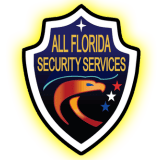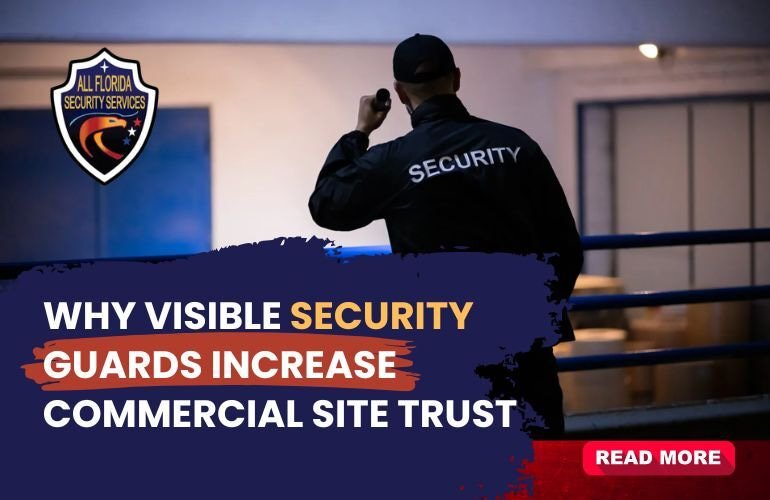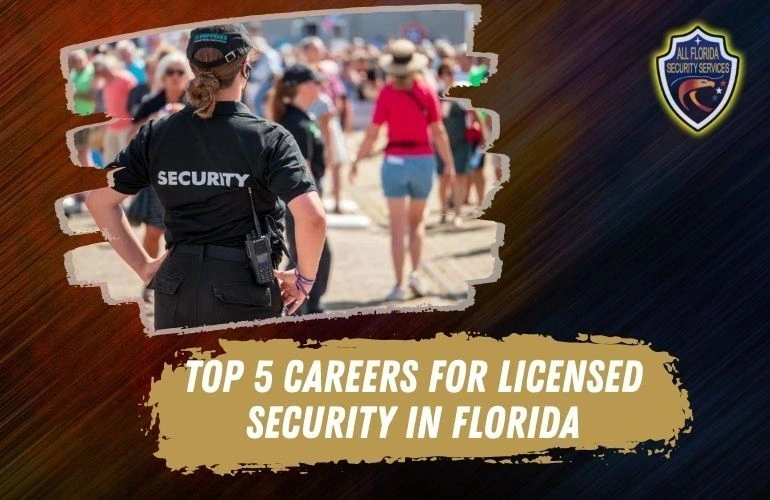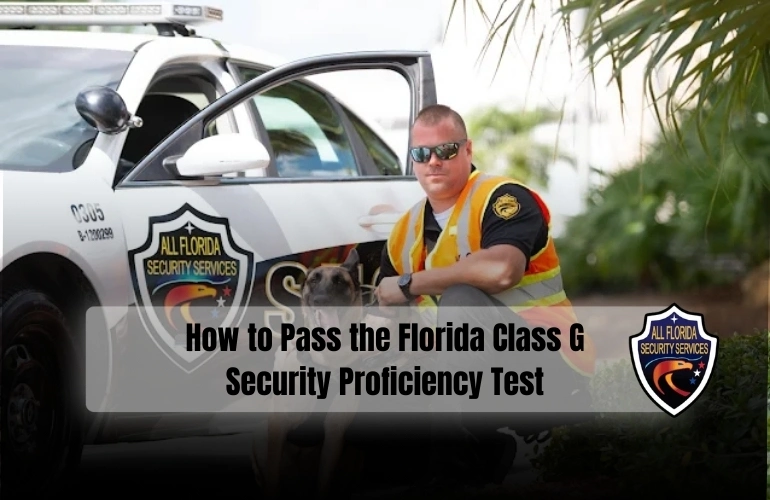How to Become a Licensed Security Guard in FloridaOnce you are licensed as a security guard in Florida, a wide range of exciting career openings will become available to you. “The state imposes training, background and application standards to begin with to ensure professionalism and safety. This guide covers all the key steps you have to take to get your Florida security guard license and start your career off the right way.
What Is a Florida Security Guard License?
A Florida security guard license is the official credential awarded by the state to professionals who want to work as security officers. The license confirms that the holder has undergone necessary training and passed background checks to legally and safely execute security duties throughout Florida. There are two types of licenses: Class D for unarmed security guards and Class G for armed security guards. The two have different training requirements and permit differing degrees of responsibility on the job. All individuals who wish to work in the private security sector must possess a valid Florida security guard license.
Requirements to get a Security Guard License in Florida
Here are the aspects to obtain a Security Guard License in Florida:
- Apply when you are at least 18.
- Be authorized to work within the United States legally.
- Pass a criminal background check with no disqualifying offenses.
- Fingerprints for state and federal background checks.
- Finish a 40-hour, state-approved training course from an authorized security school.
- Submit evidence of your U.S. citizenship or legal residency.
- Include a passport-type photo with your application.
- You must be fluent in spoken and written English.
- Not have any disqualifying mental health or substance abuse issues.
- Remit all application and background check fees that are due.
If the applicant is applying for an armed license (Class G), he must already have a class D security officer license and more firearms training.

Difference Between Class D and Class G Licenses
In Florida a D and G security guard are two different levels of Security certification. The holders of a Class D license can work as unarmed security guards after having done a 40-hour training course.
On the other hand, the Class G license is what’s issued to armed security guards. Under that law, candidates need to first have a Class D license and then undergo an additional 28 hours of firearms training, including live-fire qualification.
| Feature | Class D License (Unarmed) | Class G License (Armed) |
| Minimum Age | 18 years | 21 years |
| Training Hours | 40-42 hours | 40-42 hours + 28 hours firearms training |
| Weapon Allowed | No | Yes |
| Job Roles | Retail, construction, basic security | High-risk roles like banks, armored trucks |
| Background Check | Standard | Stricter |
| Renewal | Every 2 years | Every 2 years with firearms requalification |
| Salary Range | Lower | Higher due to added responsibility |
How Much Does It Cost to Get a Security Guard License in Florida?
Obtaining a security guard license in Florida includes various costs you should plan for. The state application fee is typically around $45 to $60. Fingerprinting and background checks, if not already completed, can typically be done for $40 to $70. The 40-hour basic security training class is next in cost, at about $100 to $300, depending on who offers it.
If you wish to carry a firearm and apply for a Class G license, be prepared to pay more. Firearms training typically runs an additional $150 to $250, plus roughly $50 to $75 for range qualification. The total cost of the armed certification is -approximately $97.
The program should cost around $100 in license issue fee once you’re approved, and it’s good for two years. Renewals are every two years and cost around $40, plus the cost of refresher training if needed.
Keep in mind, however, that there may be additional costs for uniforms, equipment and liability insurance. By budgeting for these fees up front, you’ll have less surprises in your licensing adventure.
Renewal and Maintenance of Your Security Officer License
You must renew your security license to maintain an active position. This transaction helps ensure that you are staying compliant with state laws and that you continue to be allowed to legally work as a security guard.
Renewal Process
Florida guard licenses (Class G) expire annually, while unarmed guard licenses (Class D) last two years. Make sure you send in your renewal request before the expiration date, or you’ll have a hold on your certification. The renewal process includes submitting online or in-person application forms, paying the fee and providing proof of continuing education if required.
Continuing Education and Training
To maintain your license, you must complete any required continuing education. Those with a Class G license must perform requalification firearms training annually. These training meetings help you stay current on the newest safety standards and legal regulations.
Required Documentation
Current identification is needed for renewal, as well as a new passport-sized photograph and fingerprints taken for background screening. Some jurisdictions may require (make you politely ask for) more paperwork if your employment or criminal record has changed.
Timelines and Deadlines
It’s a good idea to start renewing your license at least 60 days before it expires. Renewing can save you time and provide peace of mind that you won’t get left behind. Not renewing on time can carry penalties or require someone to start over, including with retraining and background checks.
Maintaining Your License
Stay updated on renewal dates, fulfill all the training requirements on time and provide your personal information whenever it has changed. By keeping your license purge-free, you can maintain continuous employment while remaining in compliance with the State of Florida.
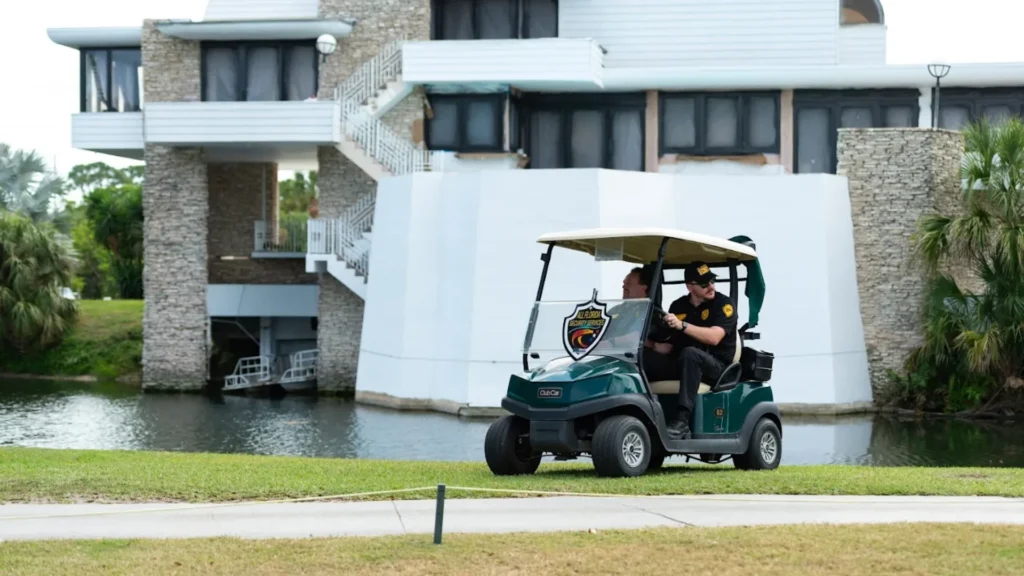
How to Choose a Reputable Security Training Provider
When you want to become an armed guard in Florida, one of the most important steps is finding a reliable security training institution. Begin by verifying that the training school is properly licensed and approved by the Florida Department of Agriculture and Consumer Services (FDACS). This approval ensures the curriculum meets state requirements and is accepted in licensing.
Search for courses offered by experienced instructors who have previous experience in law enforcement, security or emergency services. Trainers who already work in the field can offer applied knowledge and practical skills, more so than just learning from textbooks.
A quality agency will provide materials that are easy to understand, current and which address all pertinent topics, including legal responsibilities, emergency responses and observation skills – as well as for armed guards, firearms training. Check if the provider offers flexible scheduling options, including online or in-person classes, to fit your availability.
Look up reviews and testimonials from past students and consider the school’s reputation. Also, ensure whether they offer support services for setting up a residency, help completing the application paperwork for licensure, job placement assistance or refresher courses.
Transparent pricing and no hidden fees are also good indications for choosing a training provider. They are to provide a detailed breakdown of all expenses, which will include the cost for training, assistance with the application and any other additional information.
When you are looking for experienced training and licensing guidance, Security In Florida’s courses, professional advice and personalized support will help in your career needs. Contact Security in Florida to get started on your way to a licensed security professional.
Conclusion
Obtaining a Security Guard License in Florida is an easy process, as long as you follow the steps exactly. It starts with meeting eligibility requirements, including age and background checks. Knowing the distinction between Class D (unarmed) and Class G (armed) licenses can help inform which degree of liability you are willing to assume for your security career. You must also consider the costs, renewal requirements, and the importance of choosing a reputable training provider for proper preparation.
